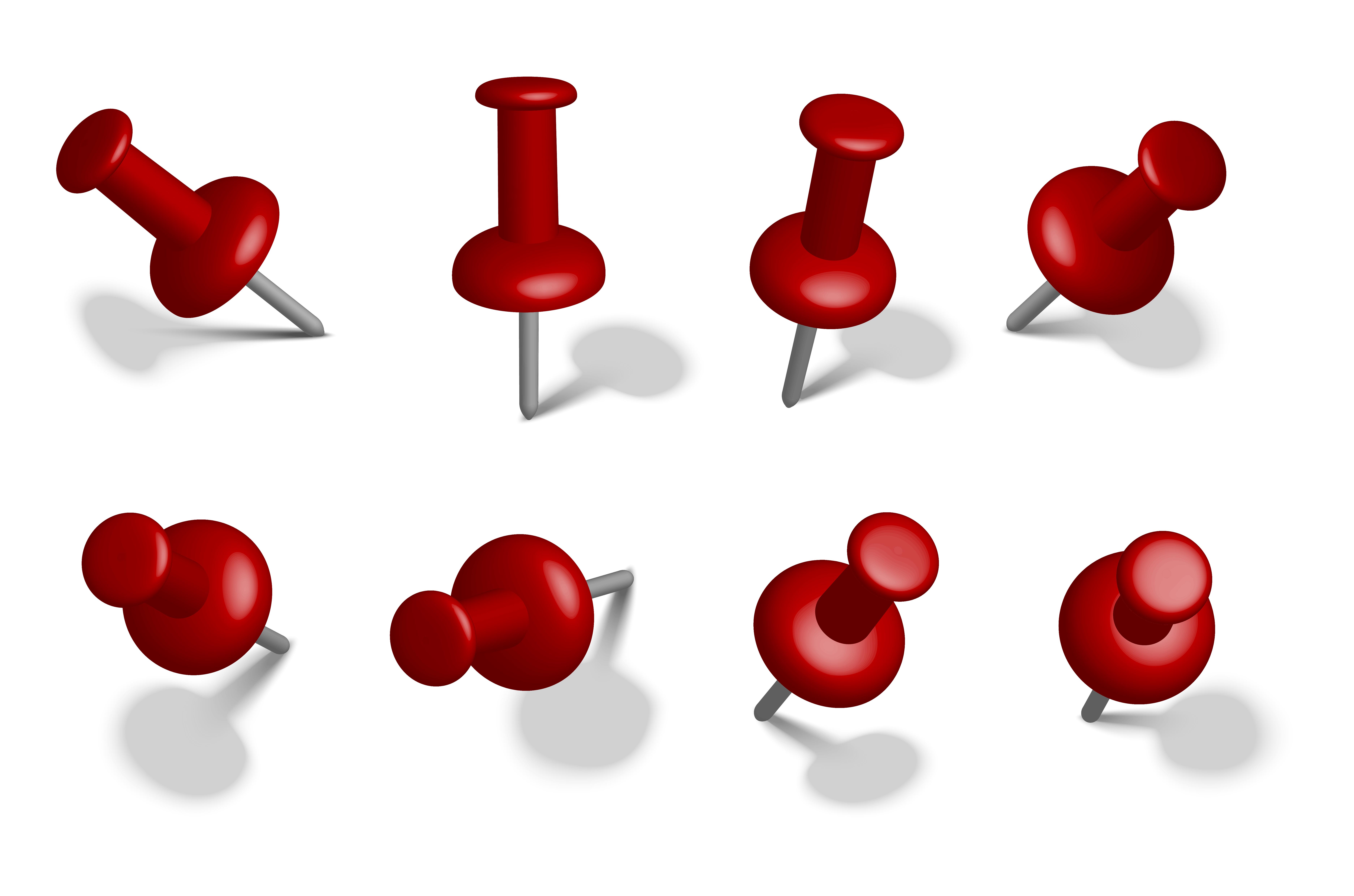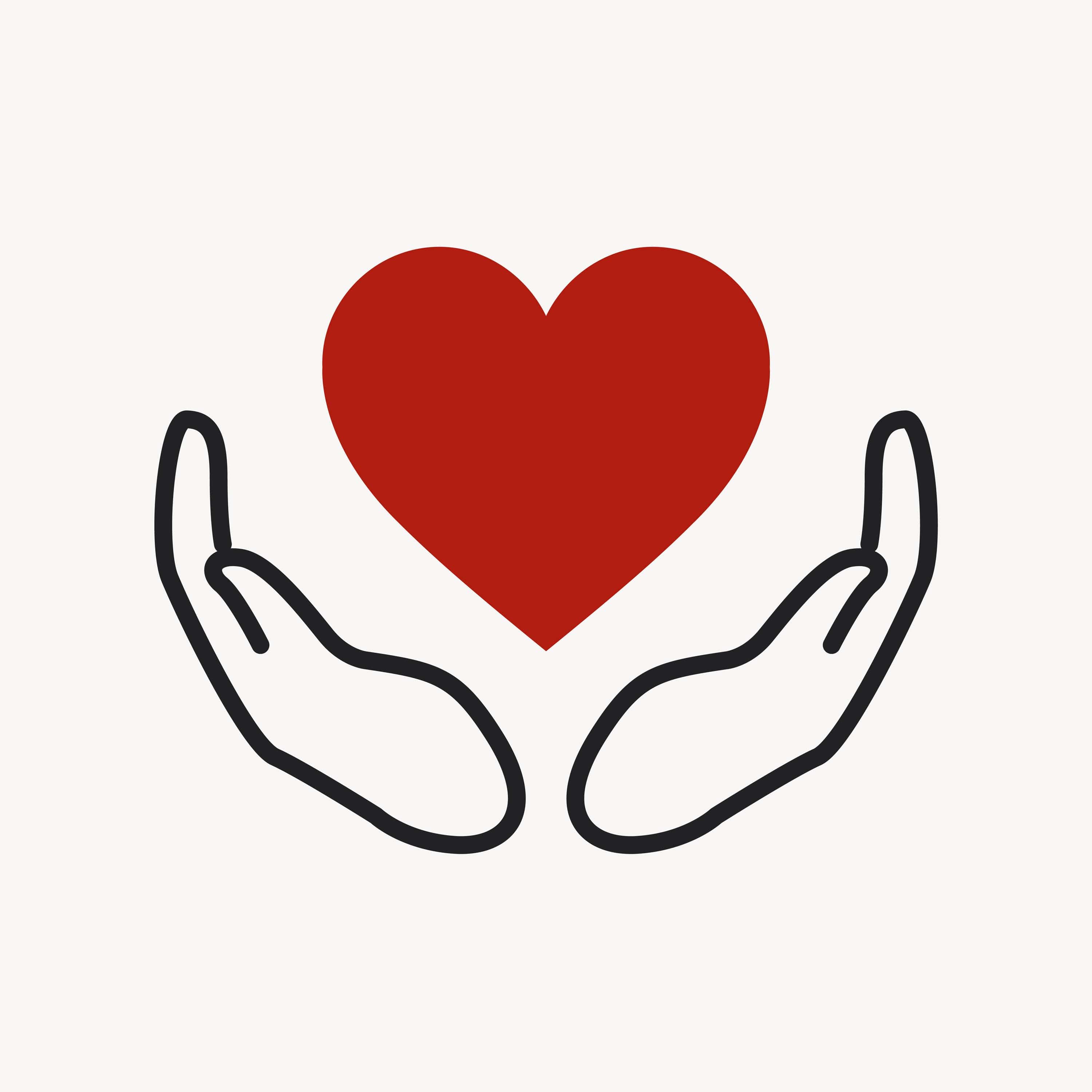Why Should You Care About Breast Cancer?
4 minutes read | 1 comments

Written by Theophilus Nutifafa
Why It Matters and What You Should Know
Why should we give a d*mn about this breast cancer thing? Well, we've all been fed with breast at some point right?

Breast cancer is a topic that touches the lives of countless individuals, whether through personal experience or the experiences of loved ones. It's a subject that deserves our attention and understanding. In this article, we will explore why breast cancer is important, the five warning signs of breast cancer, its causes, how symptoms develop, and the four stages of breast cancer. But first, let's emphasize why you should care.
Why Should You Care About Breast Cancer?
Breast cancer is the most common cancer in women worldwide, affecting millions of lives every year. Here are a few compelling reasons why you should care about breast cancer:
1. Prevalence
Breast cancer affects both men and women, and its widespread occurrence means that you or someone you know may be at risk.
Early Detection Matters
Understanding breast cancer and its warning signs can lead to early detection. Early detection often translates into more successful treatment and better outcomes.
Supporting Research
Raising awareness and caring about breast cancer helps support ongoing research efforts to find better treatments and, ultimately, a cure.
Empowerment
Knowledge is power. By learning about breast cancer, you can take steps to reduce your risk and encourage regular screenings and check-ups.
Why No Bra Day?

This annual event encourages women to go without a bra for a day, not only as a symbol of comfort and body positivity but also to remind women to be in tune with their bodies and perform regular breast self-exams. It's a day to promote self-awareness and breast health.
The 5 Warning Signs of Breast Cancer
Lump or Thickening in the Breast
One of the most common warning signs is the presence of a new lump or thickening in the breast or underarm. These can be painless or tender and may vary in size.
Changes in Breast Size or Shape
Be vigilant for any unexplained changes in breast size, shape, or contour.
Skin Changes
Pay attention to changes in the skin of your breast, such as redness, dimpling, or puckering.
Nipple Changes
If you notice your nipple turning inward, discharging blood or other fluids, or experiencing a rash, consult a healthcare professional.
Breast Pain
While not always a sign of cancer, persistent breast pain that doesn't relate to your menstrual cycle or is new and unusual should be evaluated. So watch out, if you need to talk to a doctor, Pharst Care is here, 24/7 and for FREE.
What Causes Breast Cancer?
Breast cancer develops when cells in the breast undergo genetic mutations, allowing them to grow uncontrollably. The exact cause of these mutations is often unknown, but some risk factors have been identified:
Genetics
A family history of breast cancer can increase your risk.
Your Sex
While it can affect men, breast cancer is much more common in women.
Hormonal Factors
Hormone replacement therapy and hormonal contraceptives can impact breast cancer risk.
Age
The risk of breast cancer increases with age, hmm.
Lifestyle Factors
Ha!, if this one is not part, we won't end, poor diet, physical inactivity, alcohol consumption, and smoking can influence risk.
How Do Breast Cancer Symptoms Start?
Breast cancer symptoms can vary from person to person. They may start as subtle changes and progress over time. In some cases, breast cancer can remain asymptomatic, underscoring the importance of regular screenings and self-exams.
Symptoms may begin with the appearance of a lump or thickening in the breast, which is often painless. As the cancer progresses, other signs such as nipple changes, skin changes, and breast pain may become more apparent.
The 4 Stages of Breast Cancer
Breast cancer is classified into four stages, each with distinct characteristics:
Stage 0
Non-invasive cancer, where abnormal cells are confined to the milk ducts or lobules.
Stage I
Early-stage cancer with a small tumor confined to the breast tissue.
Stage II
Locally advanced cancer with a larger tumor and possible lymph node involvement.
Stage II
Locally advanced cancer that may have spread to surrounding tissues and lymph nodes.
Stage IV
Advanced or metastatic cancer that has spread to other organs in the body.
Understanding the stage of breast cancer is crucial for determining the appropriate treatment and predicting the outlook.
In conclusion, breast cancer is a significant health concern that deserves our attention, understanding, and support. By recognizing its importance, understanding the warning signs, causes, symptom development, and stages, we can empower ourselves and contribute to the fight against breast cancer. Remember, knowledge is the first step towards early detection and better outcomes. If you or a loved one ever notice any of the warning signs, don't hesitate to talk to a doctor for FREE on Pharst Care and seek professional guidance and support. Together, we can make a difference in the battle against breast cancer.
Feel free to share on any platform
Similar Blogs
Anonymous Comments
We DO NOT record comments with the users who posted them.



